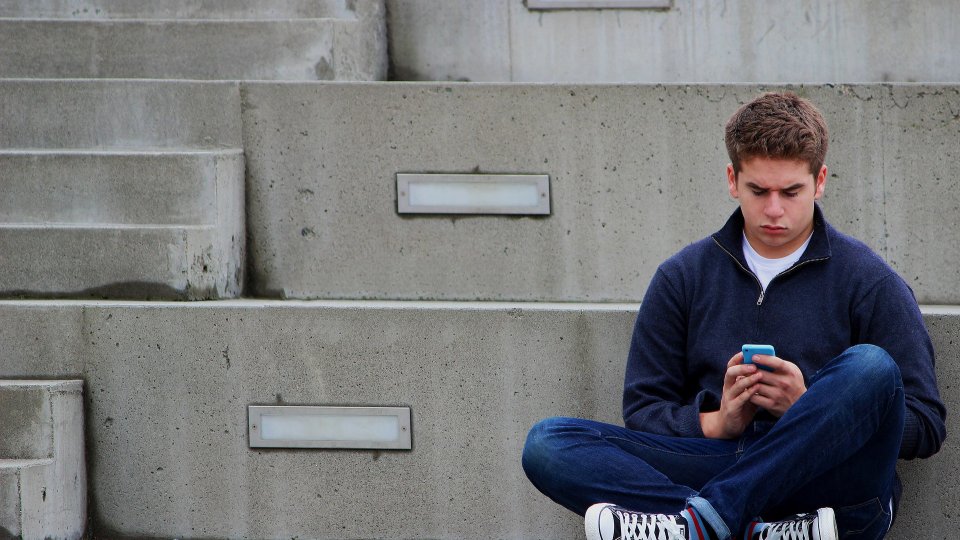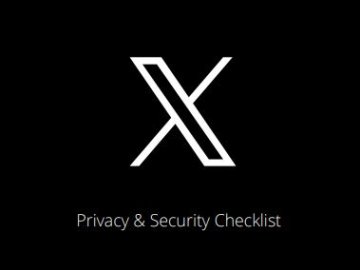The recent news that is currently being covered across the entire world is causing a lot of upset and concern for many of us across the UK. With the Ukraine invasion currently taking place, the online world has seen a shift in the types of content being seen from children and young people which has included different types of real-world harm which can be extremely distressing.
With this news being actively broadcast on a constant basis through social media and other platforms, schools may be finding themselves responding to more concerns relating to the current events being seen. Take a look at our considerations from the Professionals Online Safety Helpline around how schools can approach the current situation and respond to such concerns.
Encourage Critical Thinking
There is so much information out there which can vary in reliability across a large scale. Whether it’s an established news source or a social media post, there will be a lot of opinions, statements, words and predictions that will be put out around the Ukraine conflict. If you find yourself engaged in a discussion around the current events, encouraging critical thinking can support students with approaching stories with caution. It can also give them the confidence to investigate further and ensure that what they are choosing to engage with is actually a reliable source.
Educate Around How to Limit Exposure
A lot of what is being shown is upsetting and can be incredibly overwhelming for many students who are active on social media. However they are responding to the situation, it is important to make the community aware of what they can do to put some boundaries in place. This can be updating their privacy settings or incorporating more parental controls to try and limit the exposure of harmful online content. Many platforms have filters in place to try and prevent certain types of content from being seen. As well as this, encouraging students to take breaks away from the news and social media can help with giving them some much needed space.
Create a Safe Space
The current events are likely to be actively discussed within the school but it’s important to remember that students will be responding to it in many different ways. If a student is feeling noticeably distressed or worried about what is happening online, ensure they know that they can come to you and voice their concerns. This can be a good opportunity for you to talk through some of the ways they can manage their exposure to the content. Ensure you report concerns to the designated safeguarding lead.
Don’t Make Predictions
We all have opinions about the current situation but in a professional status, you hold a lot of influence towards your class and community. Ensure that what you are saying is grounded and most of all factual, without unnecessarily making predictions or causing more worry. Some of your students may be turning to you for support during this time so make sure you don’t cause more alarm about what may or may not happen online.
Highlight Why Choosing Words Carefully is Important
Words have a lot of power and when used in an inconsiderate way, it can impact on others. If students are using words or phrases online that are distressing, then it can leave a lasting effect of those who read or share it. Phrases such as ‘World War Three’ are big statements that can incite a lot of anxiety. Encourage them to critically think about how they are commenting on the situation online in a way that doesn’t add further harm to others.
Encourage Reporting Routes
With so much content that is potentially harmful, the school community needs to be aware of the current reporting routes available. A lot of what we see online is advising us about the current situation, but despite this, there is also content that may be solely put out to cause fear or take advantage of vulnerable people. Ensure that the school has clearly shown how to report harmful content online. If in doubt visit Report Harmful Content that has all the information relating to reporting routes including advice around specific types of harm.
If you have an online safety concern that you don’t know how to respond to, you can call the Professionals Online safety helpline on 0344 381 4772 or email helpline@saferinternet.org.uk






